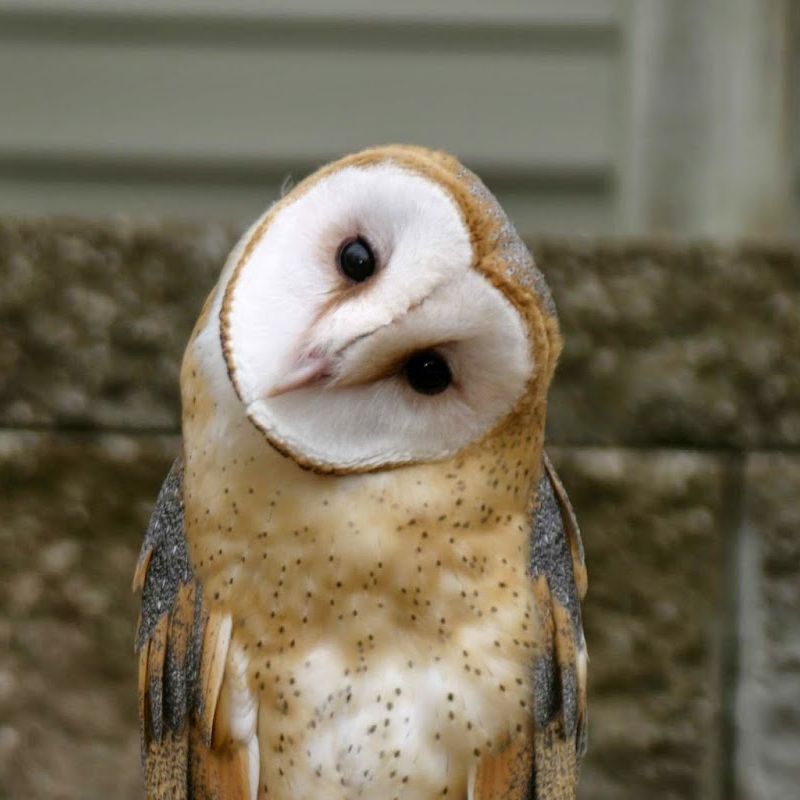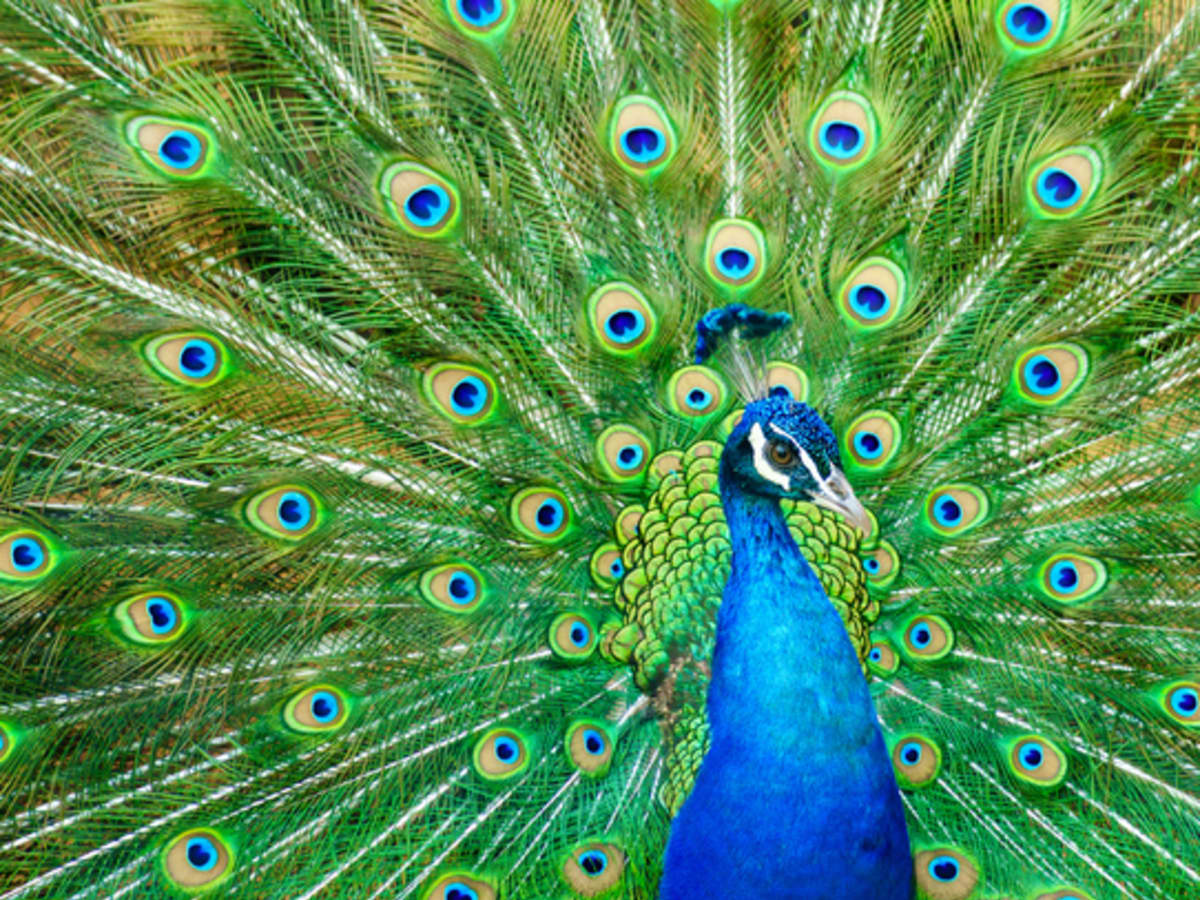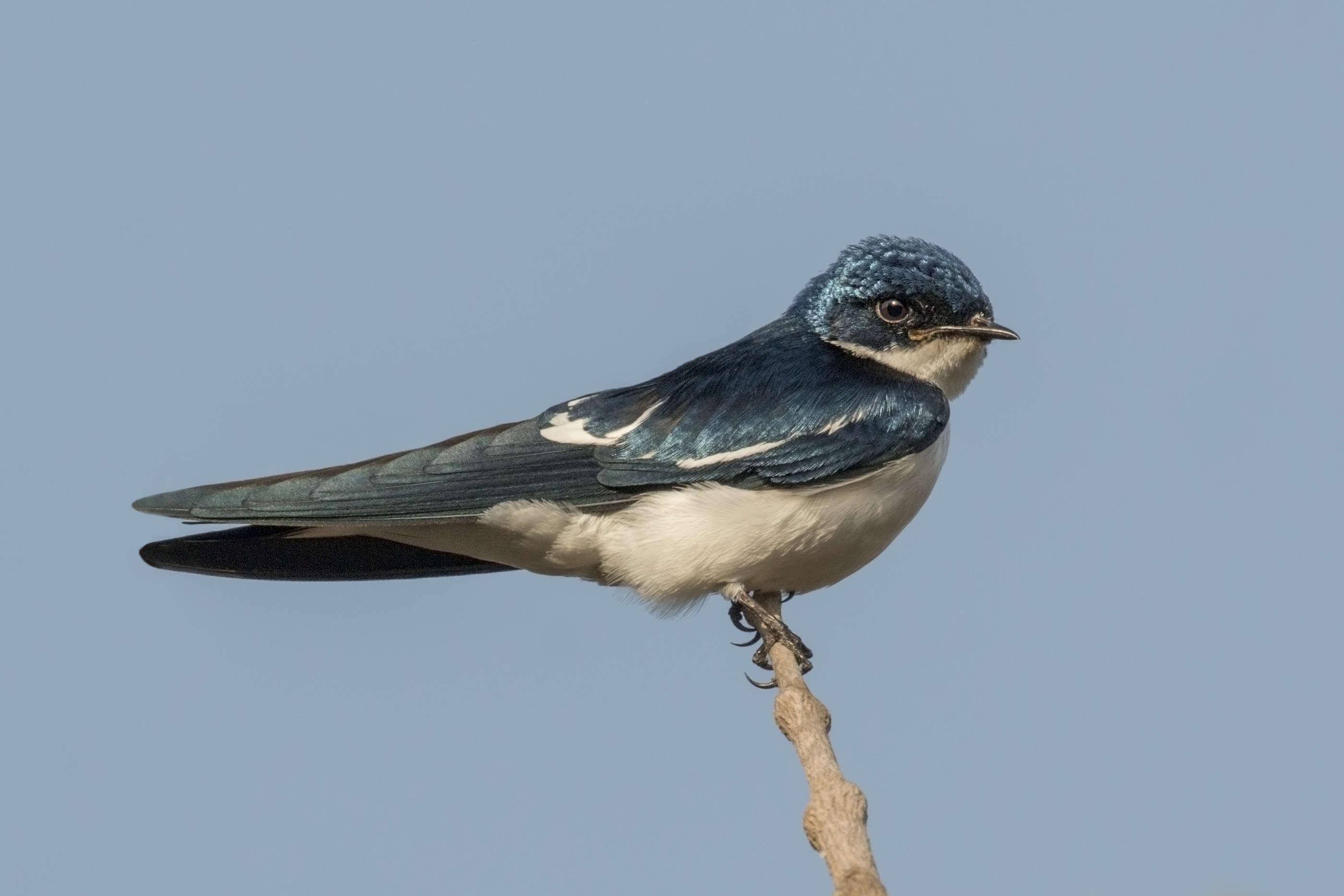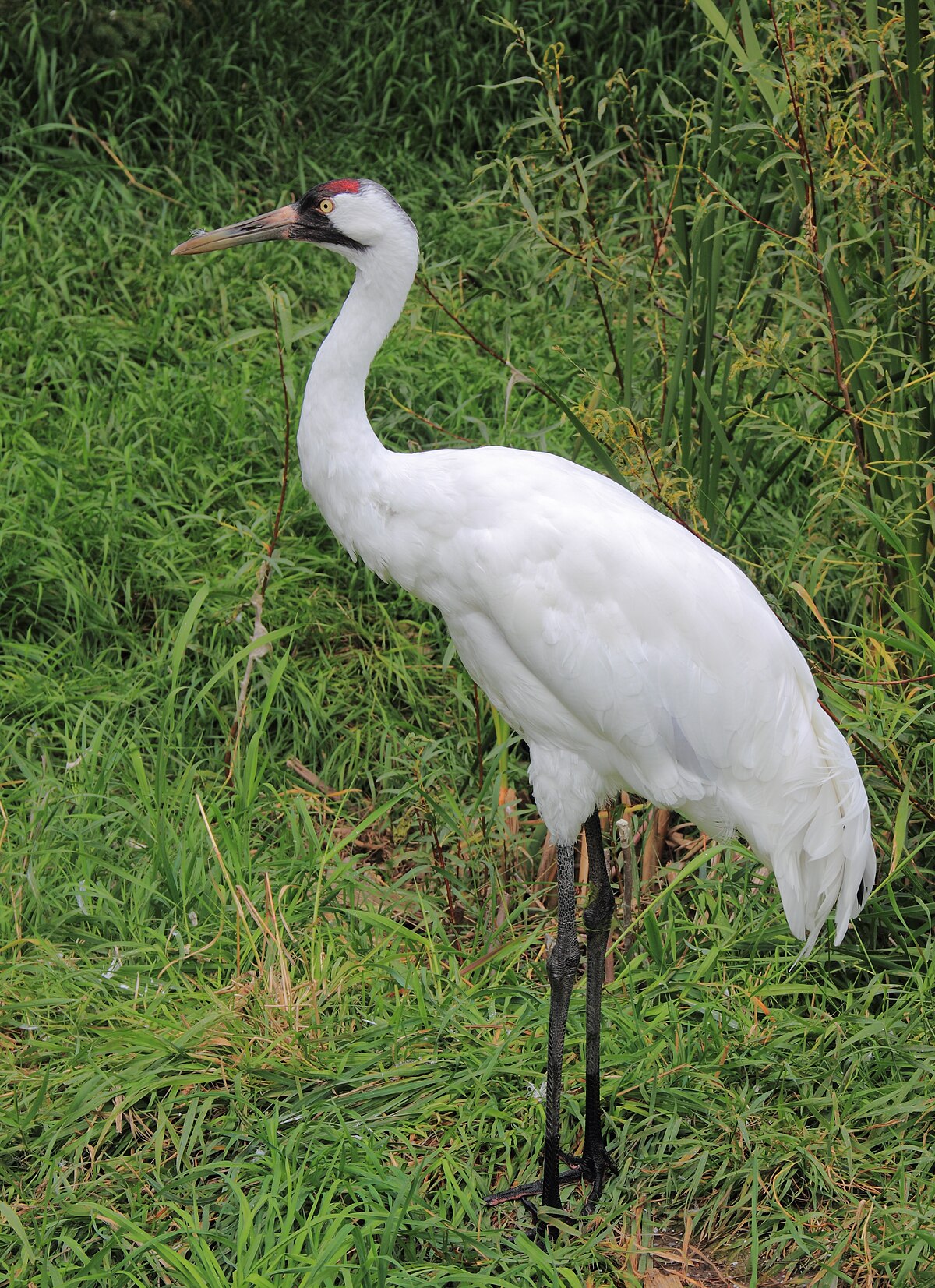
Birds That Bring Good Luck and Prosperity
Birds have always held a special place in human society, often seen as messengers between the earthly and the divine.
But did you know that many cultures consider certain birds to be symbols of good luck? From ancient myths to modern superstitions, birds have been revered as harbingers of fortune and prosperity.
Why is it that a simple sighting of a particular bird can fill our hearts with hope and joy?
In this blog, we will explore the fascinating world of good luck birds, delving into their historical and cultural significance, and discovering which birds are believed to bring good fortune. Are you curious to find out which feathered friends might bring a touch of luck to your life? Read on to learn more!
Historical and Cultural Significance of Birds
Birds have long been woven into the fabric of human history and culture, often embodying deeper meanings and symbolisms. But how did these feathered creatures come to be seen as symbols of good luck?
In ancient Egypt, birds were considered sacred and were often associated with gods and the afterlife. The ibis, for example, was linked to Thoth, the god of wisdom and writing. Ancient Egyptians believed that seeing an ibis could bring good fortune and wisdom.
Moving eastward, in Chinese culture, birds also hold significant symbolic value. The crane, in particular, is revered as a symbol of longevity and happiness. It is often depicted in art and literature, representing a harmonious and prosperous life. Similarly, the swallow is seen as a harbinger of spring and renewal, often associated with good news and positive change.
Native American tribes have their own rich tapestry of bird symbolism. The eagle, for instance, is considered a powerful spiritual symbol, representing strength, courage, and vision. It is believed that seeing an eagle can bring protection and blessings from the spirit world.
These ancient beliefs have evolved over time but continue to influence modern superstitions and cultural practices.
The idea that birds can bring good luck has persisted, adapting to fit contemporary contexts while retaining its core essence. For instance, many people still believe that a bird pooping on you is a sign of impending good luck, a quirky yet enduring superstition.
From ancient myths to modern beliefs, birds have always been seen as more than just creatures of the sky.
They are messengers, protectors, and symbols of good fortune, deeply embedded in our cultural consciousness. As we continue to explore the world of good luck birds, it becomes clear that these winged wonders have a timeless appeal, offering hope and joy across generations and cultures.
Top Birds Considered to Bring Good Luck
Have you ever wondered which birds are believed to bring good luck? Across various cultures and traditions, certain birds are celebrated for their auspicious qualities. Let's take a closer look at some of these feathered harbingers of fortune.

Owl
Owls are often associated with wisdom and protection. In many cultures, they are seen as guardians of the night, watching over us with their keen eyes. Owls are believed to bring good luck by offering their wisdom and guidance, helping us navigate through life's challenges.

Peacock
The peacock is a symbol of beauty, prosperity, and good fortune. With its vibrant plumage and majestic presence, the peacock is often depicted in art and folklore as a bringer of luck and wealth. In Hindu culture, the peacock is associated with the goddess Lakshmi, who represents wealth and prosperity.

Swallow
Swallows are considered symbols of renewal, rebirth, and safe return. These birds are often seen as messengers of spring, bringing with them the promise of new beginnings. In many cultures, seeing a swallow is a sign that good news or positive changes are on the horizon.

Robin
Robins are known as harbingers of joy and new beginnings. Their cheerful song and bright red breast are often seen as signs of happiness and good luck. In European folklore, a robin's presence is believed to bring joy and prosperity to the household.

Crane
Cranes symbolize longevity and happiness. In Japanese culture, they are revered as mystical creatures that bring good fortune and eternal youth. The crane's graceful appearance and serene demeanor make it a powerful symbol of peace and well-being.

Hummingbird
Hummingbirds are symbols of love and joy. Their rapid wing movements and vibrant colors make them fascinating to watch, and they are often seen as bringers of happiness and positive energy. In Native American traditions, hummingbirds are believed to bring love and harmony.

Magpie
Magpies are associated with fortune and joy in various cultures. In Chinese folklore, seeing a magpie is considered a sign of good luck and happiness. In some Western cultures, a rhyme about magpies suggests that the number of magpies seen can predict different outcomes, with one magpie bringing sorrow and two bringing joy.
These birds, with their unique qualities and cultural significance, have captured the human imagination for centuries. Whether you believe in their lucky powers or simply enjoy their presence, these birds can add a touch of magic and hope to your life. So, next time you spot one of these feathered friends, take a moment to appreciate the good fortune they might bring your way.
Superstitions and Beliefs
Birds have long been the subject of various superstitions and beliefs, often seen as omens or messengers of fate. Have you ever wondered why some people react so strongly to the sight or behavior of certain birds? Let's delve into some common superstitions and beliefs related to birds and their association with good luck.
One of the most well-known superstitions is that a bird pooping on you is a sign of good luck. While it might seem like an unpleasant experience, many cultures believe that this unexpected event brings fortune and prosperity. This quirky belief has persisted over time, making people smile through the inconvenience.
Different cultures have their own unique superstitions about birds. For example, in some parts of Europe, seeing a robin is considered a sign of good luck and joy. The bright red breast of the robin is thought to bring happiness and new beginnings to those who spot it. Similarly, in China, the presence of a magpie is often seen as a positive omen. According to Chinese folklore, magpies are harbingers of joy and good fortune, especially when seen in pairs.
Another interesting belief is related to the number of birds seen at once. In Western cultures, a popular rhyme about magpies suggests that the number of magpies you see can predict different outcomes. "One for sorrow, two for joy," the rhyme begins, indicating that seeing two magpies together is a sign of good luck and happiness.
In Native American traditions, the eagle is revered as a powerful spiritual symbol. It is believed that seeing an eagle can bring protection and blessings from the spirit world. The eagle's majestic flight and keen vision are seen as signs of strength and courage, inspiring those who encounter this magnificent bird.
These superstitions and beliefs highlight the deep connection between humans and birds. Whether it's a quirky belief about bird poop or a cultural tradition involving magpies, these stories add a layer of magic and meaning to our interactions with these feathered creatures. So, the next time you spot a bird, take a moment to consider the good luck it might be bringing your way.
Birds in Modern Culture
Birds continue to play a significant role in modern culture, often depicted as symbols of good luck and fortune. But how exactly do these feathered creatures make their mark in contemporary symbols of luck?
In literature, birds frequently appear as omens or symbols of hope and prosperity. For example, in Paulo Coelho's "The Alchemist," the protagonist Santiago encounters various birds that guide him on his journey, symbolizing the importance of following one's dreams and listening to the signs of the universe. Similarly, in J.K. Rowling's "Harry Potter" series, the phoenix, a mythical bird, represents rebirth and renewal, bringing good fortune to those who encounter it.
Movies also showcase birds as harbingers of luck. In the animated film "Rio," the blue macaw named Blu symbolizes the importance of love, freedom, and adventure. The film portrays the bird's journey as one filled with challenges and triumphs, echoing the idea that birds bring positive changes and good luck.
Art is another domain where birds are celebrated for their auspicious qualities. Artists often use birds to convey messages of hope, beauty, and prosperity. For instance, Vincent van Gogh's painting "Wheatfield with Crows" features crows flying over a wheat field, symbolizing the cycle of life and the promise of new beginnings.
Modern-day practices and traditions also involve birds and luck. In Feng Shui, the ancient Chinese practice of harmonizing one's environment, birds are considered symbols of opportunity and good fortune. Placing bird figurines or paintings in specific areas of the home is believed to attract positive energy and luck. Similarly, in some cultures, releasing doves at weddings symbolizes peace, love, and a prosperous future for the newlyweds.
Birds have seamlessly integrated into contemporary culture, maintaining their status as symbols of good luck and fortune. Whether through literature, movies, art, or modern-day practices, these winged wonders continue to inspire and bring hope to people around the world. So, the next time you encounter a bird in any form, remember the good fortune it might be carrying your way.
Practical Ways to Attract Good Luck Birds
Are you eager to invite some good luck into your life by attracting these special birds to your home or garden? Creating a bird-friendly environment is key. Here are some practical tips to help you get started:
Provide Food and Water:
Bird Feeders: Different birds are attracted to different types of food. For instance, hummingbirds love nectar, so a nectar feeder will be a great addition. Seed feeders can attract a variety of birds like robins and sparrows.
Water Sources: A birdbath can be a magnet for birds, especially in hot weather. Ensure the water is fresh and clean to keep the birds coming back.
Flowering Plants: Plants like sunflowers, coneflowers, and marigolds can attract birds like hummingbirds and finches. These plants not only provide nectar but also seeds that birds love.
Fruit-Bearing Trees and Shrubs: Trees like crabapple and shrubs like holly can provide both food and shelter, attracting birds like robins and waxwings.
Create Shelter:
Birdhouses: Different birds have different housing needs. Place birdhouses at varying heights to cater to different species. Ensure they are safe from predators.
Natural Cover: Dense shrubs, hedges, and trees can provide natural shelter for birds, protecting them from the elements and predators.
Avoid Pesticides:
Chemicals can be harmful to birds. Opt for natural pest control methods to keep your garden safe for your feathered friends.
Offer Nesting Materials:
Providing materials like twigs, leaves, and even pet fur can encourage birds to build nests in your garden. This can attract birds like swallows and robins, which are known for bringing good luck.
By following these steps, you can create a welcoming environment for birds that are considered to bring good luck. Not only will you enjoy the beauty and songs of these birds, but you might also find a bit of extra fortune coming your way. Happy bird-watching!
Personal Stories and Testimonials
Do you believe in the power of birds to bring good luck? Many people do, and their personal stories can be both heartwarming and inspiring. Let's take a look at a few testimonials from individuals who swear by the good fortune brought into their lives by these feathered friends.
One story comes from Jane, a teacher who had been struggling with finding a new job. One morning, as she was sipping her coffee in the garden, a robin landed on her table. She felt a sudden rush of joy and took it as a sign of new beginnings. That same week, she received a job offer from a prestigious school. Jane firmly believes that the robin's visit brought her the luck she needed.
In another instance, Tom, a small business owner, was feeling the weight of financial stress. One evening, he noticed a pair of magpies perched on a tree near his home. Recalling the superstition that two magpies bring joy, he felt a glimmer of hope. Shortly after, Tom's business experienced a significant uptick in sales, which he attributes to the good luck brought by the magpies.
Then there's Maria, who had always been fascinated by peacocks. She decided to place a small peacock statue in her living room, hoping to invite prosperity into her home. To her delight, she soon received a long-awaited promotion at work. Maria is convinced that the peacock's symbolic presence played a role in her newfound success.
These stories, while anecdotal, highlight the profound impact that birds can have on our lives. Whether it's a chance encounter or a deliberate gesture, these feathered creatures seem to have a magical way of bringing good fortune to those who believe in their auspicious powers.
So, do you have a story of your own? If you've experienced good luck thanks to a bird, don't hesitate to share it. Your tale might just inspire someone else to look to the skies for a touch of fortune.
Conclusion
In conclusion, birds have always been intertwined with human culture and beliefs, often seen as symbols of good luck and fortune. From ancient myths in Egypt and China to modern-day superstitions and practices, these feathered creatures continue to inspire and bring hope. Whether it's the wisdom of the owl, the prosperity symbolized by the peacock, or the joy brought by the robin, birds have a unique way of touching our lives.
So why not take a moment to appreciate these wonderful creatures? By creating a bird-friendly environment in your garden or simply enjoying their presence, you might just invite a bit of good fortune into your life. Remember, the next time you see a bird, it could be a sign that luck is on your side.
